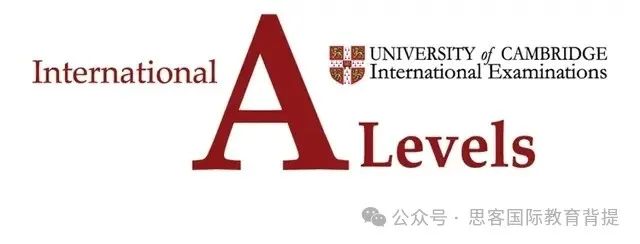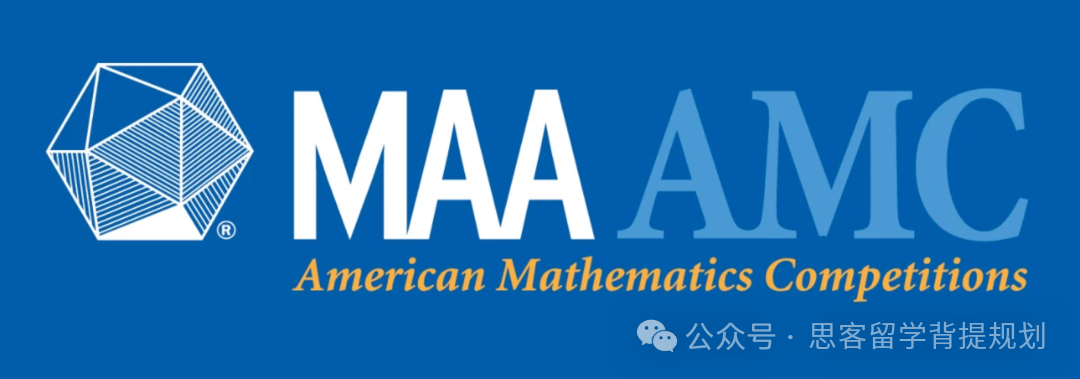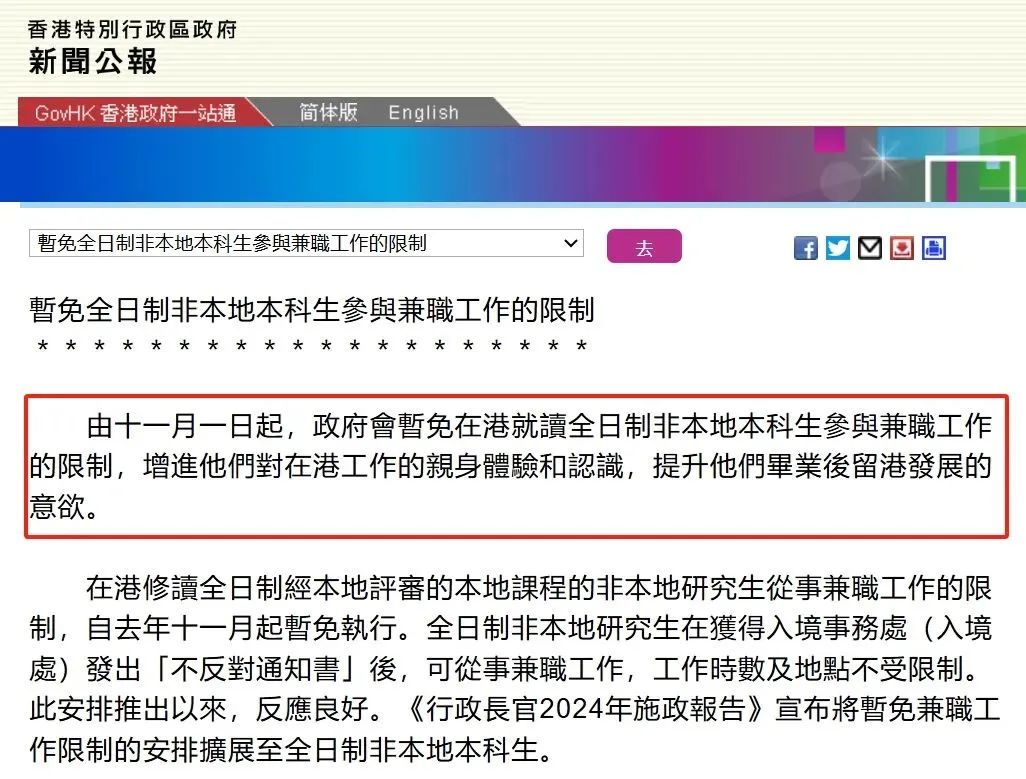本期 为大家推荐曼彻斯特大学、墨尔本大学2023最新奖学金介绍。
01、曼彻斯特大学
Development of a novel polymer-based receptor for monitoring of BRCA genes
The University of Manchester | Department of Chemical Engineering
博导:Prof Marloes Peter
截止日期:2024年8月31日(周六)资助的博士项目(全球学生)
项目描述:
About the Project
While most cancers are sporadic, some cancer types are associated with increased risk of heritability. These include prostate, breast, ovarian, and colorectal cancer, which in some cases may develop due to inheritance of cancer-susceptibility genes such as BRCA1 and BRCA2. Pathogenic BRCA gene mutations are normally detected in germline/somatic DNA from saliva/serum samples or tumour tissue samples using costly DNA sequencing approaches. Antibody-based assays for detection of BRCA1/2 protein loss have been evaluated as an initial screening test on diagnostic biopsy tissue samples. Such assays use a wide range of commercial antibodies, however many of these antibodies are poorly characterised and can lead to unreliable data. Batch-to-batch variation is also a notorious problem associated with conventional antibodies. Thus, in this project we will develop a synthetic alternative for BRCA1 and BRCA2 detection, which will be used for optical/electrochemical detection of these genes in serum and tissue samples. We will benchmark the performance of these advanced materials against commercial antibodies.
Eligibility Applicants should have, or expect to achieve, at least a 2.1 honours degree or a master’s in a relevant science (Chemistry, Biology) or engineering related (Chemical Engineering, Bioengineering) discipline.
Funding At Manchester we offer a range of scholarships, studentships and awards at university, faculty and department level, to support both UK and overseas postgraduate researchers. For more information,visit our funding pageorsearch our funding databasefor specific scholarships, studentships and awards you may be eligible for.
Before you apply We strongly recommend that you contact the supervisor(s) for this project before you apply.
How to apply To be considered for this project you’ll need tocomplete a formal application through our online application portal. When applying, you’ll need to specifythe full name of this project,the name of your supervisor,how you’re planning on funding your research,details of your previous study, and names and contact details of two referees.
Your application will not be processed without all of the required documents submitted at the time of application, and we cannot accept responsibility for late or missed deadlines. Incomplete applications will not be considered.
If you have any questions about making an application, please contact our admissions team by emailingFSE.doctoralacademy.admissions@manchester.ac.uk. Equality, diversity and inclusionis fundamental to the success of The University of Manchester, and is at the heart of all of our activities. We know that diversity strengthens our research community, leading to enhanced research creativity, productivity and quality, and societal and economic impact.
We actively encourage applicants from diverse career paths and backgrounds and from all sections of the community, regardless of age, disability, ethnicity, gender, gender expression, sexual orientation and transgender status. We also support applications from those returning from a career break or other roles. We consider offering flexible study arrangements (including part-time: 50%, 60% or 80%, depending on the project/funder).
02、墨尔本大学
PhD Scholarship Opportunity: Advanced materials for brain-computer interfaces
University of Melbourne | Physics
博导:Dr Wei Tong
截止日期:2023年12月30日(周天)
资助的博士项目(全球学生)
项目描述:
About the Project
We are seeking 1-2 highly motivated, passionate, and competitive candidate for fully funded PhD positions in developing advanced materials for biomedical applications. The successful candidate will join an interdisciplinary team working in the areas of high interest for neural interfaces or brain-computer interfaces. This position is based at the School of Physics, University of Melbourne, collaborating with the Department of Biomedical Engineering, University of Melbourne as well as other universities across Australia and overseas.
About this position This position forms part of Dr Tong’s research program funded by the Australian Research Council. The PhD student will work towards the development of novel carbon-based materials for applications in neural stimulation and recording. Neural interfaces or brain-computer interfaces have enabled direct communication between the brain and the outside world. By detecting and controlling neurological activity using implanted microelectrodes, these technologies have greatly advanced our scientific understanding of the brain and are under development for treating neurological diseases. In this exciting project, you will synthesise novel carbon electrodes, and characterize the electrodes using techniques such as electrochemistry, SEM, XPS, and Raman spectroscopy.
You will then perform biological experiments such as cell culture to study how carbon surfaces interact with neuronal cells and reveal the underlying mechanisms using electrophysiology and other techniques such as mRNA sequencing. The materials and technologies developed in this project will solve the major challenges in neural interface development by improving the lifetime and performance of implantable devices.
The successful applicant will be enrolled at the University of Melbourne, Parkville Campus. The University of Melbourne ranks first in Australia and 33 globally according to Times Higher Education and has one of the world-best environments for biomedical research. The student will be primarily supervised by Dr Wei Tong (ARC DECRA Fellow) and be advised by Prof Steven Prawer (Fellow of the Australian Academy of Science, Professor in Physics), at the School of Physics.
The candidate's attributes Applications are invited from outstanding and enthusiastic graduates with a background in physics, chemistry, material science, neuroscience, biomedical engineering, or a related discipline. The position is open to domestic and international students. We are looking for students with:
- A First-Class Honours degree, Masters degree or equivalent
- Research experience in material fabrication, electrochemistry, cell culture, neurophysiology, or biomolecule analysis (desired but not required)
- Analytical thinking, data analysis and critical problem-solving skills
- Ability to work collaboratively but also independently
- Fluency in written and oral English
How to apply Please contact Dr Wei Tong ([Email%20Address%20Removed]) with the following documents:
- a cover letter with a brief statement of your suitability and motivation to apply;
- CV;
- academic transcripts.
To find out more, please see my page: https://drweitong.com/













